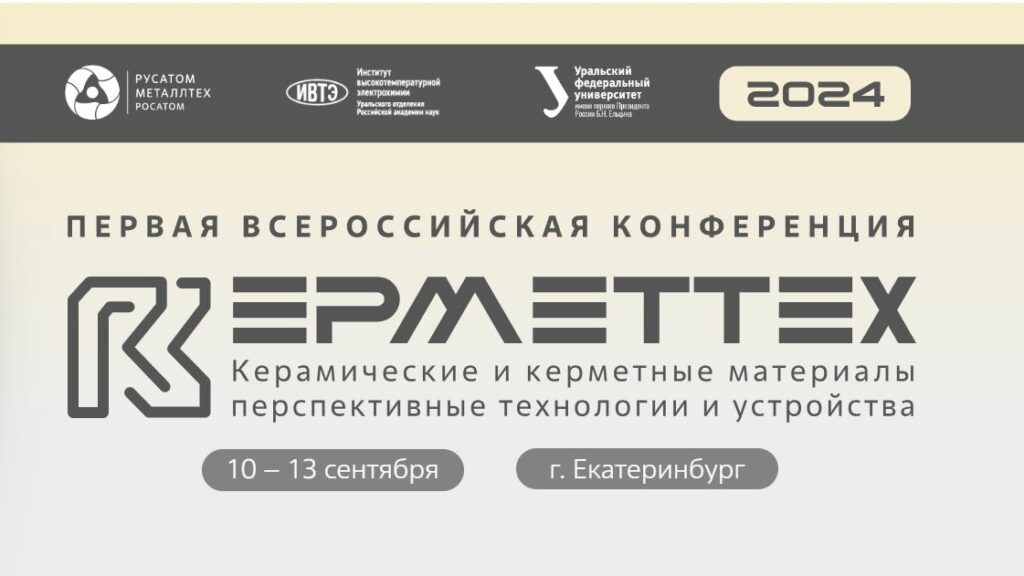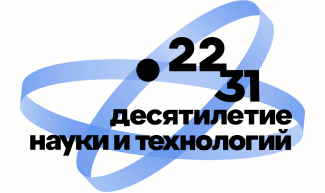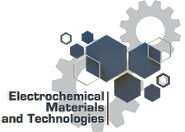 Head of the Laboratory
Head of the Laboratory
Denis Osinkin, DSc (Chemistry)
Web-page
Tel.: +7 (343) 3623394
e-mail: OsinkinDA@mail.ru
There are 33 research associates at the Laboratory, including 5 Doctors of Science in Chemistry, 9 PhDs in Chemistry and 2 PhDs in Physics and Math.
Web pages of the research fellows
______________________________________________________________
Key research fields:
-
Ionic and mixed solid oxide conductors
-
Transport properties of solid oxide conductors
-
Active electrodes for fuel cells operating at medium high temperatures
-
Kinetics of electrode reactions in electrochemical systems with oxygen- and proton-conducting solid electrolytes
-
Macrokinetic processes modeling for solid oxide conductor-based cells and devices
-
Character of degradation processes in fuel cells
-
Solid oxide electrochemical devices: fuel cells, electrolyzers, gas converters, electrochemical pumps and sensors.
Scientific achievements:
-
Regularities of double electric layer behavior at the boundary liquid metal|solid oxide electrolyte and zero potentials for the wide series of metals.
-
Fundamentals for high-temperature gas electrolysis.
-
Kinetic principles of interaction between oxygen in gas phase (O2, CO+CO2) and oxygen in electrolytes, based on ZrO2, CeO2, Bi2O3, Ba(Sr)CeO3, LaGaO3, and series of metal and oxide electrode materials.
-
Mechanisms of current-producing and rate-limiting steps of electrode reactions in solid oxide electrolytes.
-
Character of impedance with constant phase angle of high-frequency process at the oxide electrodes being in contact with solid oxide electrolyte; regularities of double-layer capacity.
-
Foundations for electrochemical behavior of the systems with proton-conductive electrolyte on the base of BaCeO3 in reduced gas media.
-
Regularities of electrochemical behavior of the systems with solid electrolyte based on LaGaO3.
-
Effect of doping with acceptor, donor, and isovalent elements on physical-chemical and transport properties of various solid oxide systems.
-
Designed, fabricated and successfully tested solid oxide cell electrochemical generator prototypes rated at 100, 200, 300, and 1500 W. Fundamentals of electrochemical conversion for the production of high purity hydrogen. Designed and studied new materials with mixed conductivity as key components for electrochemical converters.
-
Theoretical foundations for solid oxide proton-conductive electrolyte fuel cells. The achievable efficiency of SOFC based proton-conductive electrolytes is 15-20 % higher than that of SOFC based oxygen-conductive electrolytes.
-
Techniques for forming thin layer oxide conductor plates and tubes as single cells for solid oxide electrochemical devices.
Applied research:
-
Method of cells exploitation parameters improvement for composite cathode in fuel cells by adding the Bi(Y)O1.5 solid solution to collector layer of double-layered electrodes based on La(Sr)MnO3 and La(Sr)Fe(Co)O3.
-
Supporting Ni-cermet anodes and oxide cathodes for fuel cells with thin-layer electrolyte.
-
Solid oxide composite materials for high-temperature electrochemical devices.
-
Solid electrolyte sensors for measuring humidity, hydrogen and oxygen concentrations in gas mixtures and oxygen concentrations in gases and molten metals.
-
The preparation method of double-layered structures by films co-rolling.
-
Hydrogen obtaining by the method of electrochemical hydrocarbons conversion.
-
Novel materials for solid oxide devices: systems based on cerium oxide, barium cerate and strontium titanate, manganites and binary cobaltites.





